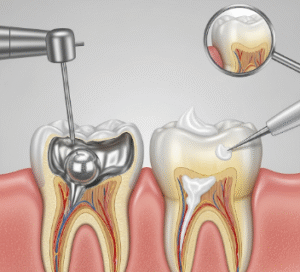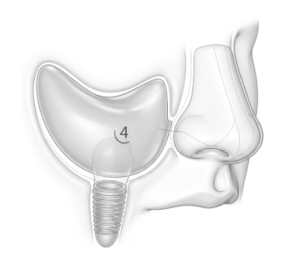Overview
Ureteral Obstruction is a condition where one or both ureters—the tubes that carry urine from the kidneys to the bladder—become partially or completely blocked. This blockage impairs normal urine flow, causing urine to back up into the kidneys, which can lead to pain, infection, kidney damage, or even kidney failure if left untreated. The condition may be acute or chronic and can affect individuals of all ages.
What is Ureteral Obstruction
Ureteral Obstruction is a medical condition characterized by the blockage of urine flow through the ureters, which are narrow tubes connecting the kidneys to the bladder. The obstruction may occur at any point along the ureter and can be caused by a variety of structural, functional, or external factors. When urine cannot flow properly, pressure builds up in the kidneys (hydronephrosis), leading to kidney damage over time. Ureteral obstruction can be unilateral (one side) or bilateral (both sides).
Symptoms
- Flank or lower back pain (often one-sided)
- Abdominal pain or cramping
- Difficulty urinating or reduced urine output
- Nausea and vomiting
- Fever and chills (if infection is present)
- Hematuria (blood in the urine)
- Frequent urinary tract infections
- Swelling in the kidneys (hydronephrosis, detectable via imaging)
Causes
Ureteral obstruction can arise from conditions affecting the ureter directly or from pressure exerted externally:
- Kidney stones (ureterolithiasis)
- Scar tissue (strictures) due to infection, surgery, or trauma
- Tumors in or near the ureters (e.g., bladder, prostate, or pelvic cancers)
- Congenital abnormalities like ureteropelvic junction (UPJ) obstruction
- Ureterocele (a ballooning at the end of the ureter)
- Enlarged prostate in men causing back-pressure
- Pelvic inflammation or fibrosis
- Pregnancy (temporary obstruction due to the growing uterus)
Risk Factors
- History of kidney stones
- Recurrent urinary tract infections
- Pelvic or abdominal surgery
- Cancer involving urinary or reproductive organs
- Congenital urinary tract abnormalities
- Radiation therapy to the abdomen or pelvis
- Diabetes or other chronic diseases affecting renal function
Complications
- Hydronephrosis (swelling of the kidney due to urine buildup)
- Kidney infection (pyelonephritis)
- Permanent kidney damage or failure
- Urosepsis (life-threatening infection)
- Recurrent urinary tract infections
- Hypertension (high blood pressure)
- Bladder dysfunction
Prevention
While not all ureteral obstructions can be prevented, several measures can help reduce the risk:
- Stay hydrated to help prevent kidney stone formation
- Treat urinary tract infections promptly
- Avoid holding urine for long periods
- Manage chronic conditions like diabetes and high blood pressure
- Regular screenings in people with a history of stones or urinary problems
- Avoid trauma or overuse of urinary catheters
- Follow post-surgical instructions carefully to minimize scarring or adhesions
Treatment Options in Korea
South Korea provides advanced urologic care with minimally invasive and high-precision options for treating ureteral obstruction:
- Medications: To manage infection, reduce inflammation, or help stones pass (e.g., alpha blockers)
- Ureteral stenting: A small tube inserted into the ureter to allow urine drainage past the obstruction
- Percutaneous nephrostomy: Temporary drainage of urine directly from the kidney through a catheter in the back
- Ureteroscopy with laser lithotripsy: Used to remove stones or small tumors from within the ureter
- Balloon dilation or endoscopic incision: For treating strictures or narrow segments
- Surgical reconstruction: In severe cases or congenital defects, such as pyeloplasty or ureteral reimplantation
- Robotic-assisted laparoscopic surgery: Minimally invasive and precise for complex cases
- Regular follow-up imaging: Ultrasound, CT, or MRI to monitor kidney health and confirm resolution
With access to state-of-the-art technology and experienced urologists, patients in Korea receive comprehensive and effective care for ureteral obstruction.













